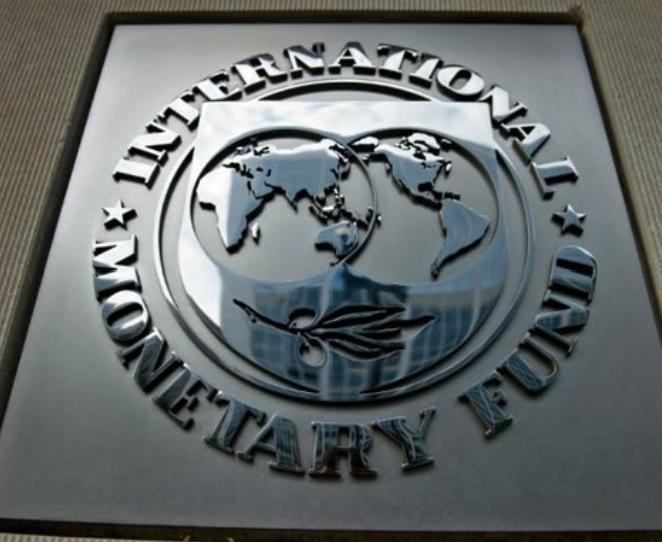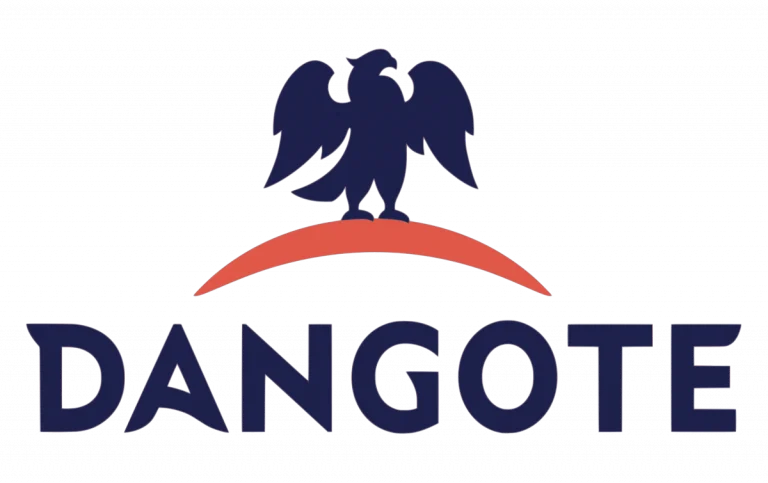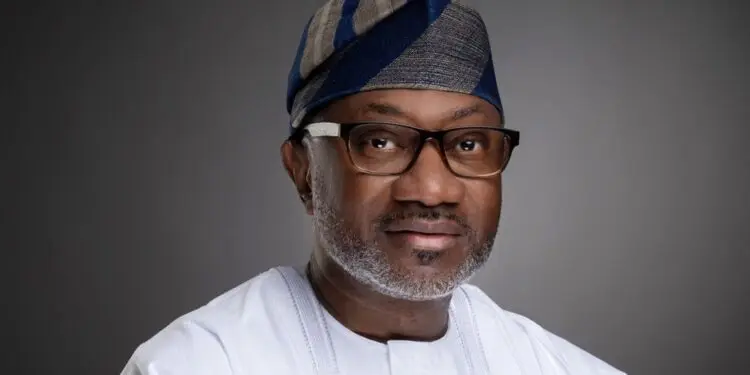Business
Only 24% Of CBN Anchor Borrowers’ Loans Repaid – IMF

The International Monetary Fund has disclosed that only 24 per cent of loans dirbursed under the Anchor Borrowers’ Programme of the Central Bank of Nigeria have been repaid.
This disclosure was contained in the IMF’s Selected Issues paper on Nigeria, which was prepared by a staff team of the fund as background documentation for the periodic consultation with the country.
It was noted that the document was based on the information available as of the time it was completed on January 12, 2023.
According to the IMF, agricultural credit in the country has not significantly boosted production even though there is the challenge of targeting the right recipients for the credit.
READ ALSO: Nigeria Risks Food Crisis In 2023, Says IMF
It noted, “The weak effect of agricultural credit on production growth could be associated with difficulties in targeting the correct recipients.”
The IMF noted that although the CBN allows farmers to pay in kind or cash under the ABP, repayments have been very low.
The document read, “For the Anchor Borrowing Programme, repayment is also low at 24 per cent, especially since repayment can be made in kind, thereby limiting the tenor of the loans to one year.
“Part of the problem is that the incentive structure for repayment is weak, the recipient loans are not always well targeted and occasionally the funding is used for other purchases (e.g., new agricultural input trading companies to elicit trading rents).”
It was also noted that the Anchor Borrowers Programme, established in 2016, initially set aside N40bn to support farmers by offering single-digit interest rate loans.
However, over N1tn has been disbursed through mid-2022 from this programme, with CBN providing a rising share of banking system agricultural financing.
The All Farmers Association of Nigeria, in December 2022, said most beneficiaries of the billions of naira released by the CBN under its Anchor Borrowers’ Programme were not Nigerian farmers.
READ ALSO: Nigeria Failed To Increase Export Diversification Overtime –IMF
Although the CBN kicked against this claim, AFAN argued that the apex bank was finding it tough to recover the loans because the funds were disbursed to individuals who were not into farming and not captured in the database of the association.
The National Secretary, AFAN, Yunusa Yabwa, said, “Our members have benefitted from the programme, but most people who benefited from the ABP are not Nigerian farmers. I must confess that to you.
“That is why you see today that the CBN, NIRSAL, commercial banks, who were the channels for the distribution of this fund, are complaining that these beneficiaries are not repaying the loans.”
Business
NNPCL Announces Restoration Of Escravos-Lagos Pipeline

The Nigerian National Petroleum Company Limited (NNPCL) has announced the complete restoration of the Escravos-Lagos Pipeline System (ELPS) in Warri, Delta State, following the recent explosion on the asset.
The chief corporate communications officer (CCCO) of the nation’s oil company, Andy Odeh, in a statement, said that the pipeline is fully operational, reiterating the company’s resilience and commitment to energy security.
“NNPC Limited is pleased to announce the successful restoration of the Escravos-Lagos Pipeline System (ELPS) in Warri, Delta State.
READ ALSO:Fuel Price Cut: NNPCL GCEO Ojulari Reveals Biggest Beneficiaries
“Following the unexpected explosion on December 10, 2025, we immediately activated our emergency response, deployed coordinated containment measures, and worked tirelessly with multidisciplinary teams to ensure the damaged section was repaired, pressure-tested, and safely recommissioned.
“Today, the pipeline is fully operational, reaffirming our resilience and commitment to energy security. This achievement was made possible through the unwavering support of our host communities, the guidance of regulators, the vigilance of security agencies, and the dedication of our partners and staff.
“Together, we turned a challenging moment into a success story, restoring operations in record time while upholding the highest standards of safety and environmental stewardship.
“As we move forward, NNPC Limited remains steadfast in its pledge to protect our environment, safeguard our communities, and maintain the integrity and reliability of our assets. Thank you for your trust as we continue to power progress for Nigeria and beyond,” the statement read.
Business
Dangote Unveils 10-day Credit Facility For Petrol Station Owners

The Dangote Group has announced a 10-day credit facility backed by a bank guarantee for petrol station owners and dealers, alongside free direct delivery and other incentives, as part of a new supply arrangement.
The company disclosed this in a statement posted on its official X handle on Tuesday, inviting petrol station operators across the country to register to benefit from the offer.
According to the statement, participating dealers will enjoy “a 10-day credit facility backed by a bank guarantee,” with a minimum order requirement of 5,000 litres.
“Our free direct delivery service will commence soon,” the group said, adding that the offer is open to “all petrol station owners and dealers.”
READ ALSO:Dangote Sugar Announces South New CEO
The Dangote Group further called on operators to register their stations to access the supply arrangement.
“Register your petrol stations today to benefit from our competitive gantry price,” the statement read.
The company also disclosed that petrol supplied under the arrangement will be sold at a gantry price of ₦699 per litre.
For enquiries, the group provided the following contact numbers: 0802-347-0470, 0809-324-7070, 0809-324-7071 and 0203.
READ ALSO:Dangote Refinery Dispute: PENGASSAN Suspends Strike After FG Intervention
The announcement follows a recent petrol price adjustment by the Dangote Petroleum Refinery.
The PUNCH earlier reported that the refinery reduced its ex-depot petrol price from ₦828 to ₦699 per litre, representing a ₦129 cut or a 15.58 per cent reduction.
An official of the refinery, who spoke to PUNCH Online on condition of anonymity, confirmed the adjustment, saying, “The refinery has reduced petrol gantry price to ₦699 per litre.”
The new price reportedly took effect on December 11, 2025, marking the 20th petrol price adjustment announced by the refinery this year.
Business
JUST IN: Otedola Sells Shares In Geregu Power For N1trn

Billionaire businessman, Femi Otedola, has sold his majority stake in Geregu Power Plc for N1.088 trillion in a deal financed by a consortium of banks led by Zenith Bank Plc.
The Nigerian Exchange, NGX, made this announcement on Monday.
Otedola’s Amperion Power Distribution Company Ltd reportedly held nearly 80 percent of the power generating company.
READ ALSO:N200b Agric Credit Dispute: Appeal Court Slams NAIC, Upholds First Bank Victory
With this new development, Otedola, Chairman of First Holdco Ltd, parent company of First Bank of Nigeria Plc, will reportedly now concentrate on expanding his interest in the Nigerian banking sector, although he still retains some shares in Geregu.
Otedola is said to currently own 17.01 percent of First Bank — its single largest shareholder since the bank was established in 1894.

 News4 days ago
News4 days agoBREAKING: Anthony Joshua Involved In Road Accident

 News4 days ago
News4 days agoEx-Edo Gov Obaseki Reacts As His Cousin Is Beaten, Stripped

 Politics4 days ago
Politics4 days agoYou’re Not 001 – Wike Rubbishes Claims Of Fubara Being APC Leader In Rivers

 Metro5 days ago
Metro5 days agoObaseki Beaten, Stripped In Edo

 Politics4 days ago
Politics4 days agoWike Speaks On Defecting To APC

 Politics3 days ago
Politics3 days agoJUST IN: INEC Excludes PDP From Ekiti Governorship Election

 News4 days ago
News4 days agoNAF Neutralizes Bandits At Turba Hill, Kachalla Dogo Sule Camps

 News4 days ago
News4 days agoDoris Ogala: How Pastor Chris Knelt Before Church, Begged For Forgiveness [Video]

 Politics4 days ago
Politics4 days agoGo To Hell, You Didn’t Pay My School Fees – Wike Hits Seyi Makinde

 News3 days ago
News3 days agoNigerian Army Finally Reveals Details Of US Military-led Airstrikes In Sokoto


























